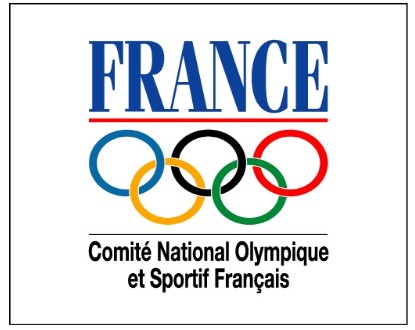Valérie Fourneyron, Minister of Sports, Youth, Popular Education and Community Life, and Denis Masseglia, President of the French National Olympic and Sports Committee (CNOSF), today presented the new organization of French international relations in sports, during a joint conference held at the National Institute of Sport, Expertise, and Performance (INSEP), in the presence of Guy Drut, French member of the International Olympic Committee.
The governance of sport at the international level has become complex and requires specific skills both in sports and diplomacy.
The failure of the French bids for the London Olympics and the 2020 Winter Games, which was organized in a pitiful manner, serve as both the most evident proof and representation of this.
Experienced people who understand the context and are recognized by their peers are needed to lead these missions.
There was a need to clarify responsibilities in this area so that our country could establish a coherent and strong international sports policy and support France’s Olympic ambition under the best conditions.
Valérie Fourneyron made a decision and today entrusted the strategic management of international sports relations to the French Olympic and sports movement, represented by the CNOSF, a competence that was previously shared with the State.
Bernard Lapasset, President of the International Rugby Board and former president of the FFR (1991-2007), and a recognized figure, will take leadership. This mission will benefit from the involvement of Tony Estanguet, a triple Olympic canoeing champion and ministry official elected in the IOC athletes’ commission (whose appointment is currently suspended by an appeal).
The roadmap for this mission will be:
– To ensure and strengthen France’s presence within international sports organizations;
– To support the Olympic and sports movement, as well as federations, in their applications for major international competitions;
– To promote the exchange of sports expertise and know-how between France and third countries;
– To ensure the transmission of experiences acquired during major events organized in France.
For its part, the State will refocus its international interventions on three major issues:
– An interministerial delegate for major sporting events who will coordinate public actions in preparing for major competitions already attributed to our country;
– The implementation of concerted actions with French public networks with an international vocation: diplomacy, economy, tourism, in connection with the relevant ministries;
– Strengthening France’s presence within international public organizations: the Council of Ministers of the European Union, the World Anti-Doping Agency, the International Organization of La Francophonie, etc.
– A coordination group, chaired by Bernard Lapasset, will be responsible for coordinating the actions of the sports movement and those of the State in relation to the business world and local authorities.
“The international sports movement, from the IOC to international federations, has an established organization of its own,” explained Valérie Fourneyron. “This organization recognizes national sports movements as the natural interlocutors of the international sports movement. In this sense, it is counterproductive to think that it is the States that master relations with the international sports movement.”
“Today is a great day because it truly marks the evolution of sports governance that we have been committed to for several years,” added Denis Masseglia. “We will rise to the challenge of international relations, with the State, with local authorities, with the economic world, with the media, with those who will trust us.”


